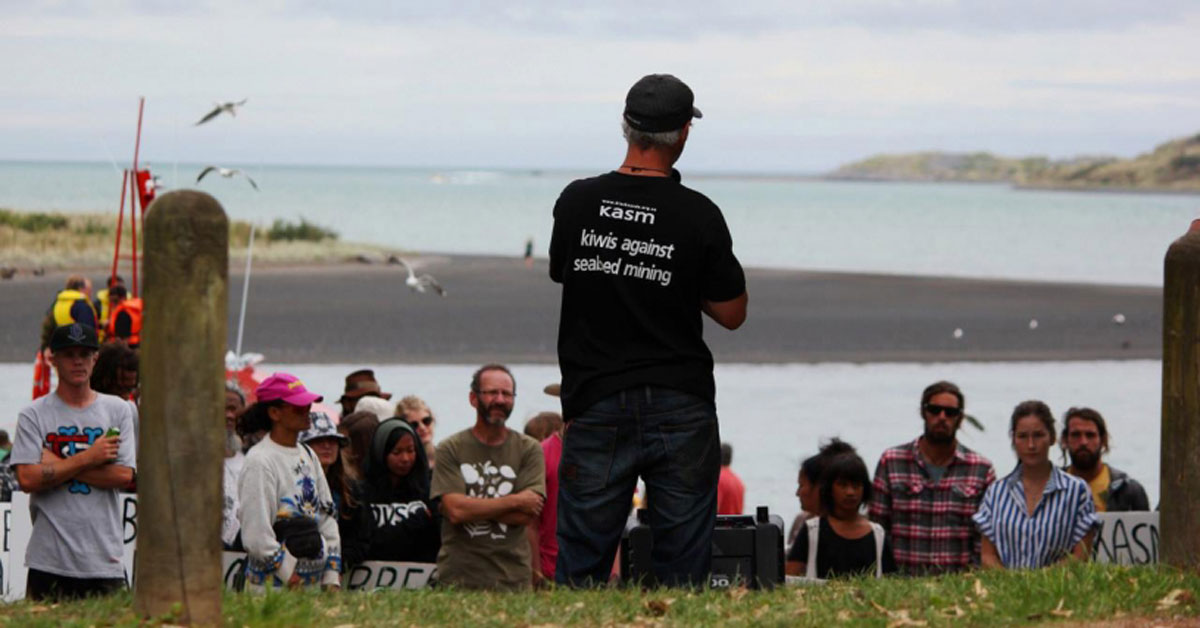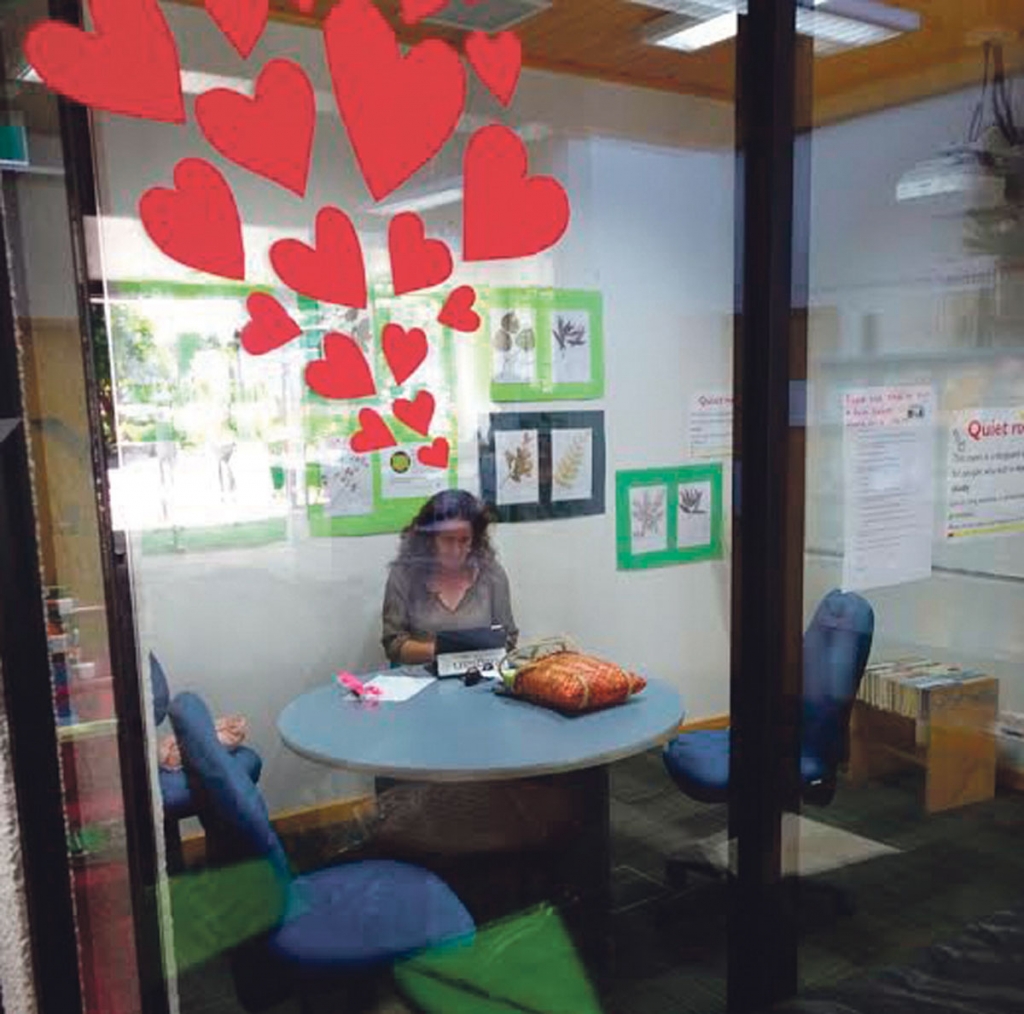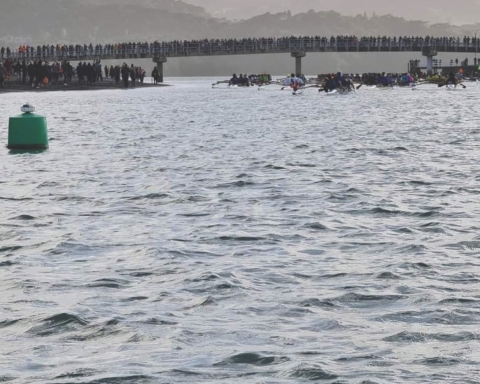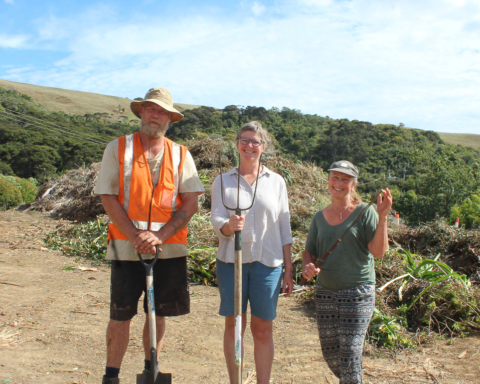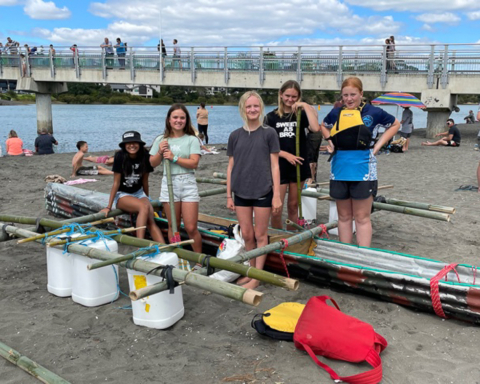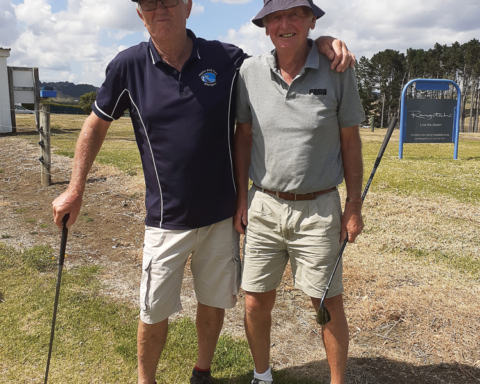The Environmental Protection Authority’s hearings on a seabed mining application have “gone off the rails”, says Kiwis Against Seabed Mining (KASM).
KASM chairperson Phil McCabe says the EPA has requested a wide range of new information from Trans Tasman Resources Ltd, the company applying to mine the seabed of the South Taranaki Bight, after accepting its original application as complete.
Greenpeace, Forest and Bird and Ngāti Ruanui all support KASM’s view.
“This hearing has seriously gone off the rails,” say the groups, who are considering applying for a judicial review of the process or making an appeal.
“It is demonstrably clear… that the [EPA] has embarked on an exercise of completing and, in effect, proving the Applicant’s case. This is an unlawful exercise of power (that) also significantly prejudices submitters in opposition to the application.
“After accepting the original application as ‘complete’, and after evidence from submitters, the caucusing of a wide range of experts and recalling experts to give further evidence, the EPA has now turned around and asked the company for a whole lot of new information,” says Phil.
“We knew this information was missing and told the EPA back in September – it was one of the main reasons the EPA refused the company consent for its first application in 2014. Yet the EPA went ahead and accepted this deficient application – and are now requesting detail they should have asked for seven months ago.”
Phil says to have a considerable amount of information put on the table at the end of the process means that opportunities for proper public engagement have been lost.
“As a volunteer-run community organisation KASM doesn’t have an open chequebook – this hearing has already cost us tens of thousands of dollars and huge amounts of time.”
The fishing industry and Ngāti Ruanui have also withdrawn from much of the hearing, citing excessive cost burdens.
Phil says the request for more information is the latest in a number of questionable procedural decisions by the EPA. The EPA had allowed the seabed mining company to redact some 190 pages of their application, a move that was subsequently overturned by the Environment Court in November after KASM and Greenpeace objected.
Inger Vos
